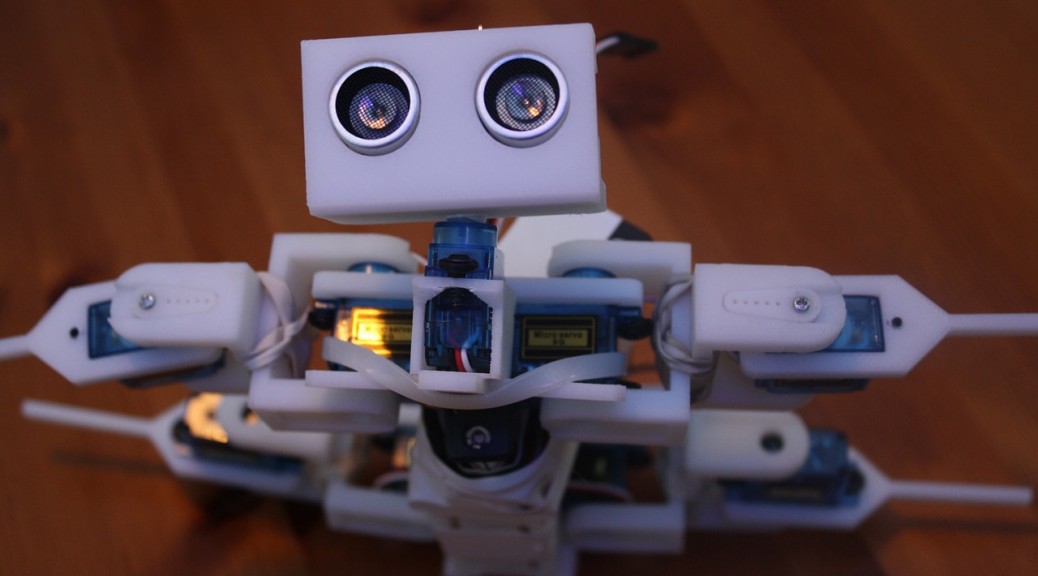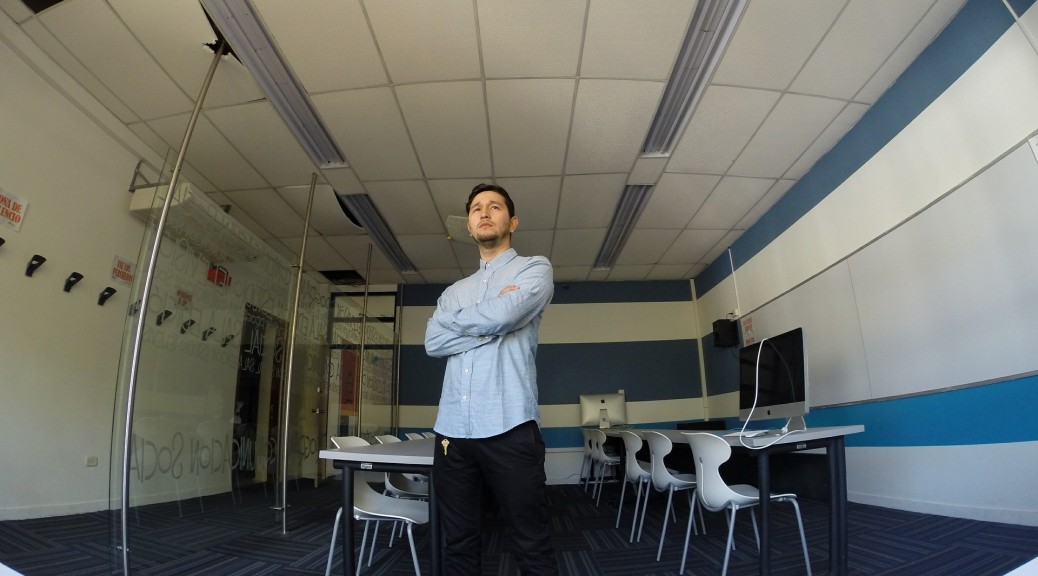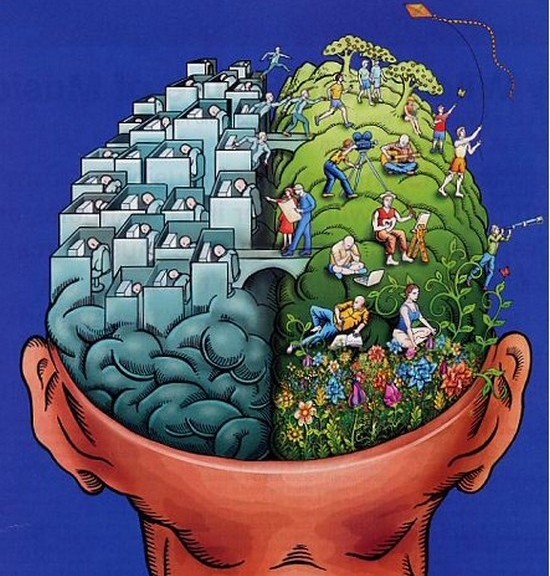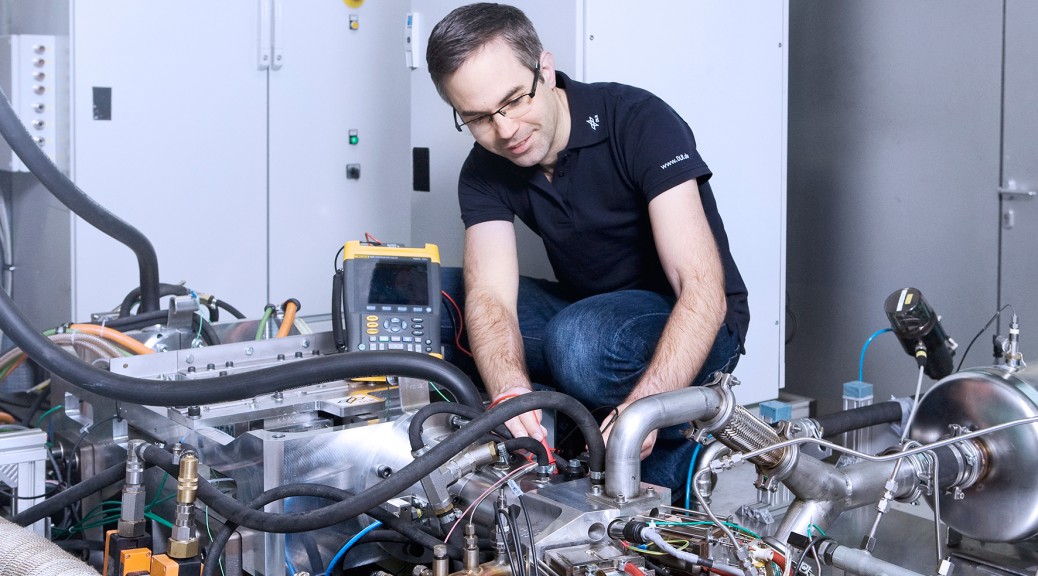When we talk about coding, the conversation is often abstract. We talk about available jobs but we don’t put a face on these employment opportunities. IHS Electronics 360 takes a look at one of these opportunities in a recent article titled “Computers and Coding Skills Can Help Detect Hidden Explosives.”
Nicollette Emmino of IHS Electronics 360 writes, “Traditional mass spectrometers are quite large, about the size of an oven, which makes them hard to use outside of a laboratory. However the Duke researchers have now figured out how to implement a technology called ‘coded aperture’ in order to shrink the devices and make them usable in the field to detect environmental or safety hazards. ‘In a typical mass spectrometer, the charged molecules pass through a thin slit, which defines your resolution,’ says Jeff Glass, professor of electrical and computer engineering at Duke. ‘When you try to shrink the instrument, you have to shrink the slit too. That means the number of ions (charged molecules) passing through is going to drop and you’re going to lose signal intensity. We got around this issue by using several slits, which code the ions.’ The key to making it work is knowing the pattern (code) of the array of apertures. The team worked with fellow engineers to implement the coding and computational aspects necessary. ‘This idea was actually mentioned in a short article from 1970,’ said Jason Amsden, a research scientist and manager of the project. ‘But nobody since then has had all the parts to put it together.’ Now the team is testing its coded aperture technology on different versions of mass spectrometers to see which versions will be best when scaled down for mobile use. The team members are also working to show the devices have potential applications in detecting trace amounts of methane to spot leaks in infrastructure and various explosives to prevent terror attempts. The technology can also have a more immediate impact in research laboratories around the world due to its higher resolution capabilities, an asset for medical applications.”
When it comes to customized coding education, your best bet is CodeRev Kids. At CodeRev Kids, our lessons focus on computational thinking, which encompasses a wide variety of programming languages and concepts.
Our lessons build upon one another and we adjust starting points to each student’s level of expertise. Thus, the entire curriculum is customized. We are known for saying we are the most educational tech camp out there, but we also keep the focus on having fun. As a result, students stay engaged while learning to blend creativity with technology.









